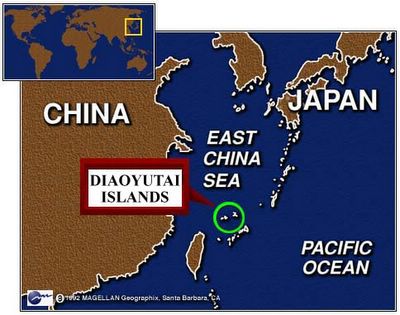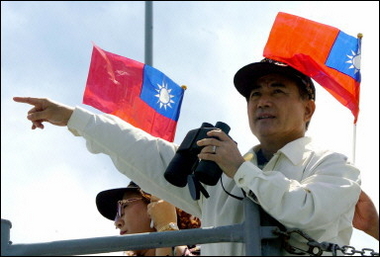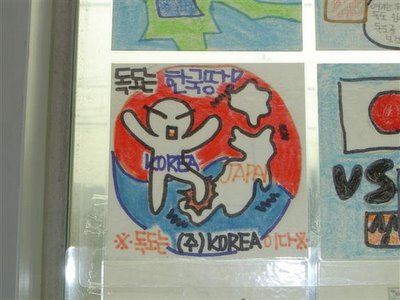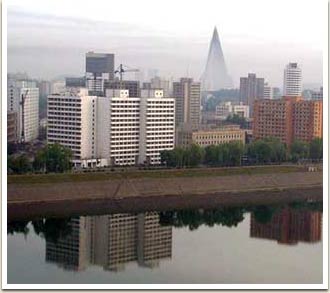
Location of Diaoyu Islands.
China also claims these islands (not to mention, all of Taiwan, which in turn claims all of China, so there).
Tokto/Takeshima redux? Listen to Parliament speaker Wang Jin-pyng and decide for yourself:
This area belongs to us historically, geographically, and legally. We must defend our sovereignty and protect our fishing rights.Or how about this from a Taiwanese fisherman:
It's good to see it's finally our turn to scare the Japanese. They have always bullied us and make us feel we are thieves at sea.And from opposition parliamentarian May Chin:
The entire nation is waiting for the government to show its guts and stand up to Japan.According to the BBC, Taiwanese fishermen have been protesting against being frequently driven out of the waters by Japanese patrol boats. This is all a bit odd considering how so many critics of China and the Koreas have cited the Taiwanese people's love of Japan as a sign that at least one former colony didn't really mind former colonizer Japan's increasing militarism.

Wang Jin-pyng points at disputed Diaoyu Islands.
And just as Japan's Tokto declarations have led some Koreans to think they'll have a better ally in Beijing, some Taiwanese fishermen have reportedly called for protection from China, Taiwan's historical arch-rival.
While it would be tempting to gloat a little that Japan is having almost the same problem with another "ally," I really wish Tokyo (and Seoul, and now Taipei) would get their act together and see that they have far, far more in common than they realize, and they make better friends than adversaries. Just as important, they all need to stand together in the face of a rising China. Sphere: Related Content




















